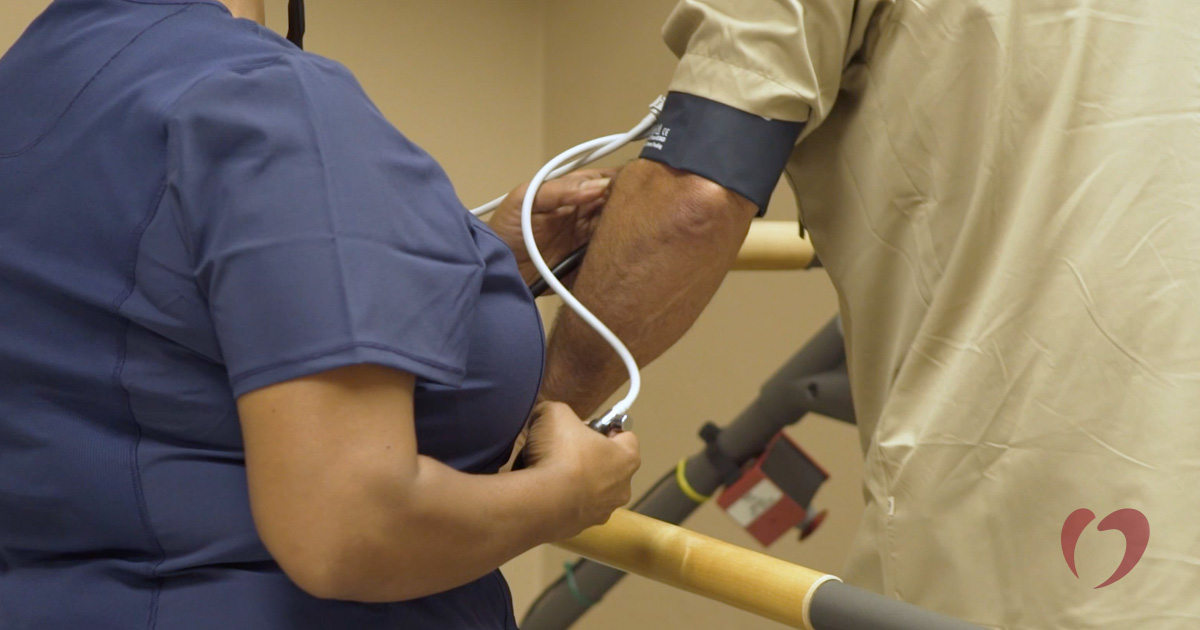The difference between blood pressure and heart rate

Blood pressure and heart rate are two different measurements. While they are frequently measured at the same time in the doctor’s office, they are distinctly different factors in heart health.
Blood pressure is the force exerted against the artery walls when blood pumps through the body, usually measured with two numbers. The top number (systolic pressure) measures the pressure as the heart beats and moves blood into the arteries. The bottom number (diastolic pressure) measures the pressure as the heart relaxes between beats. A blood pressure reading of 120/80 is considered normal.
Heart rate, also called pulse, is the number of times your heart beats per minute. Heart rate can change based on activity level, age, medication, and other factors throughout life. For most adults, a resting heart rate of 50 to 100 beats per minute is considered normal. People who exercise regularly often have lower resting heart rates.
In some situations, such as periods of acute stress or danger, blood pressure and heart rate may both increase at the same time, but that’s not always the case. Your heart rate can increase without any change occurring in your blood pressure. As your heart beats faster, healthy blood vessels will expand in size to allow increased blood flow, which helps your blood pressure remain relatively stable. This is often true during exercise, when your heart rate can increase substantially but your blood pressure may only change slightly.
Measuring heart rate alone is not an indicator of high or low blood pressure, although it can measure your cardiovascular activity and oxygen consumption. People with hypertension (high blood pressure), must regularly monitor their blood pressure and work closely with their physician to determine treatment options. Most physicians will continue to monitor both blood pressure and heart rate for all patients, since they indicate different factors of heart health.
If you have questions or concerns about your blood pressure or heart rate, contact the Oklahoma Heart Hospital to schedule an appointment with one of our physicians.
